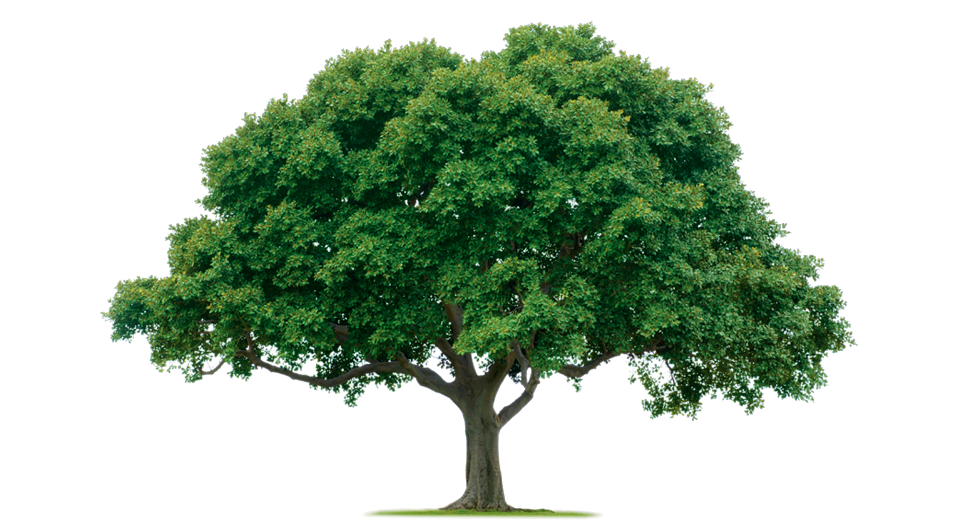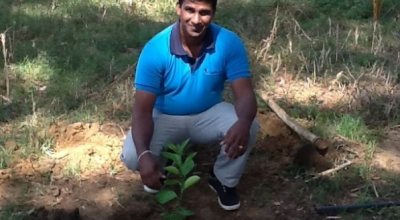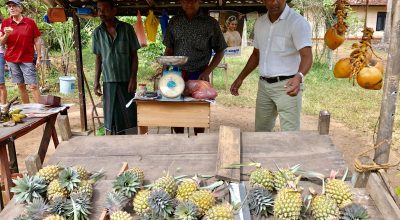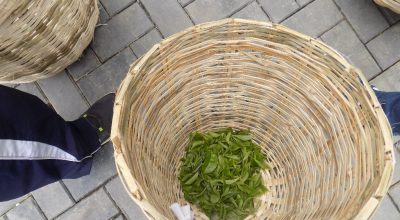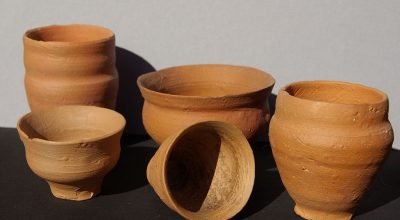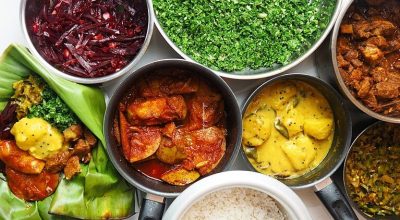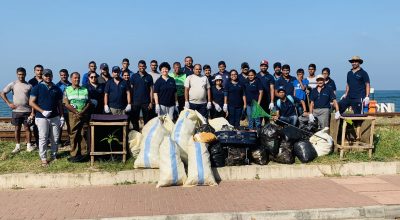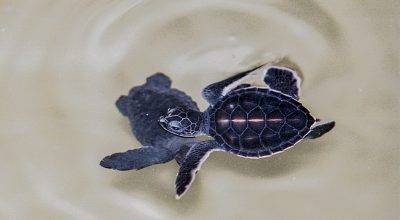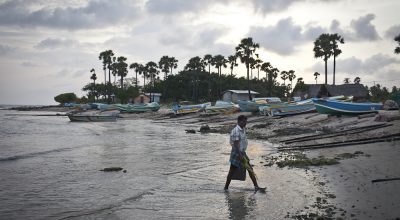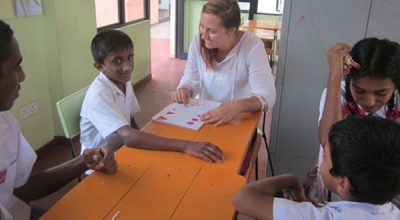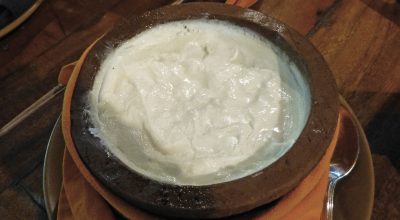Sustainable Activities
An industry committed to making a low impact on the environment and local culture, while helping to generate future employment for local people. As more regions and countries develop their tourism industry, it produces significant impacts on natural resources, consumption patterns, pollution and social systems.
The need for sustainable/responsible planning and management is imperative for the industry to survive as a whole.
Sri Lanka Tourism Development Authority considers sustainability as a key driver to preserve and conserve the island’s outstanding natural and cultural heritage to safeguard the destination for our people and our visitors for now and for the future. The country is blessed with unparalleled natural resources, wildlife, unique cultural heritage and warm and friendly locals. Being the number one designation means that we will see a tremendous growth in tourists visiting the island in the years to come. We have initiated sustainable policies to implement a clear cut sustainable tourism strategy supported by rigorous projects and programmes. This will ensure that our nation will substantially benefit from the economic growth spurred by the tourism sector and in return our resources are preserved and protected.
We could give every guest the possibility to plant one tree during his/her stay in Sri Lanka. By this, the CO2 from your travels can be offset and you help us with the reforestation of the Sri Lankan jungle.
- Trees lower air temperature by evaporating water in their leaves
- Tree roots stabilize soil and prevent erosion
- Trees improve water quality by slowing and filtering rainwater, as well as protecting aquifers and watersheds
- Trees create an ecosystem to provide habitat and food for birds and other animals
- Trees reduce noise and the dust level in the air
One of the joys of traveling is visiting local markets. There is nothing better than shopping for the ingredients necessary for a family meal with a local. Markets hold the secrets of the culture, all the little bits and pieces that hold communities together.
These colorful market in Sri Lanka features a wide variety of local handicrafts produced and designed by local artisans. Not only would you be supporting the local community by shopping here but also, you will definitely find so many items that have very good value for its price.
Visit a tea plantation and a tea factory. Sri Lanka, Tea and Tourism are words which cannot be separated. Take a tour to the cold & misty hills that take pride of an ultimate tea tour, covering lush green blankets of tea plantations. Or just step into a tea factory processing the prestigious brand of Ceylon Tea, to observe a rich tradition kept alive up to date.
As you observe the hissing and swishing of machines, inhaling the heavenly scent arising from these facilities, make sure to end your day in style over a perfectly blended cup of pure Ceylon Tea. Taste a cup of pure Ceylon tea in the factory.
This experience provides you the opportunity to learn and understand the ancient Sri Lankan art of traditional clay pottery making. Visit a local village where many potters make their living. Learn the art of turning raw clay into the beautiful forms of pottery. Get to know how these objects enrich the villagers today and how pottery making in the local community has changed through the ages. Watch how pottery is framed using both the traditional method and modern method. Engage with the villagers as you sip at a herbal drink served in newly made clay cups. End your experience with a better picture about the local livelihood and the rural lifestyle.
Kandy is famous for quality artistic brasswork in Sri Lanka. Experts in traditional brasswork live in Daulagala, Handessa, Pamunuwa, and Pilimatalawa areas in Kandy. They use wrought and cast techniques to produce different types of brass items. Bowls, tea sets, decorative items and ornaments are made especially by the wrought technique.Brass is an alloy of copper and zinc. Brass castings are done using clay moulds. First the model of the item to be casted is made using wax. Later, this wax model is covered with clay and the whole thing is baked so that the wax model inside the clay cover melts out leaving the clay cover as the mould. Then molten brass is poured into the clay mould to produce the item. This item is decorated and polished before sending to showrooms.
Explore authentic local cuisine at Culinary Ceylon, prepared in a ‘home-cooked’ style using family recipes. This immersive experience of ‘breaking bread’ with a local is guided and distinguishes itself against the ordinary restaurant visit. Your curator carefully explains the origin of each dish and shares the best of their knowledge and stories of the food you will enjoy. Highlights: 7 Course ‘tasting menu’ of delectable, authentic Sri Lankan dishes, by an award-winning local head Chef.
Help renovate local buildings and improve the lives of those living nearby during this flexible placement which is tailored according to your interests and abilities.
The work involves basic renovation, painting and artwork restoration and it is accompanied by teaching young monks at a local school. The village of Hanguranketha faces many problems including run-down temples and poorly staffed schools as well as lack of clean drinking water and frequent power cuts.
With many social media trends supporting and promoting the limited use of plastics, we thought we would approach this topic with a positive outlook. Beach clean-ups are one of the most popular activities adopted by volunteer groups that include university and school students, various NGOs, activist groups, and even embassies. The latest trend is to do what you can to help clean the environment.
- you preserve our natural treasures
- you keep toxic chemicals out of the water
- you help the local economy
- you create a safer environment
- you make seafood safer
- you get some good exercise
The main purpose of the hatchery is to provide for the overall well-being of the sea turtles and increase their numbers through conservation efforts. This includes monitoring the mother turtles when they show up to hatch, preserving the eggs once laid from predators and poachers, providing a safe haven for hatchings to occur, caring for the baby turtles and releasing the healthy ones into the ocean and caring for sick and injured turtles by providing them with a clean environment and feeding them every day.
While these hatcheries engage in conservation efforts to support the sea turtles ecosystem, it is important to note that they also rely on contributions from tourists (who visit these hatcheries to learn about sea turtles) to earn a living as they receive little to no funding fromt the government to maintain their operations.
Being an island nation, fishing is an integral part of traditional Sri Lankan livelihood and seafood has always featured prominently in local cuisine.
Choose one of our fishing tours to gain unique insight into the daily life of rural fishermen as they use expertise handed down through generations to reel in their catches for the day. Finish off your experience with a flavorsome feast of freshly caught delicacies from the sea.
Volunteers offer English classes to locals who can’t afford private language lessons. Volunteers will be placed in pre-schools, local temples, and villages, where they will run 2-3 classes per day, with students ranging in age from 3-15 years old.
This tour gives you the opportunity to experience a ins and outs of a dairy farm and learn how to make curd. Visit a dairy farm in the Southern Province of Sri Lanka, where buffalo curd making is done as the main livelihood of most of the locals. Assist in leading the cows to graze or watch the milk maids at work. Try your hand at milking the cows and have a fresh sip of milk. Help the farmers to take the pots of milk to their houses and learn how to make curd in the traditional way. Finish off by snacking on a fresh pot of curd sweetened with treacle. This is Sri Lankan Traditional Experience.
